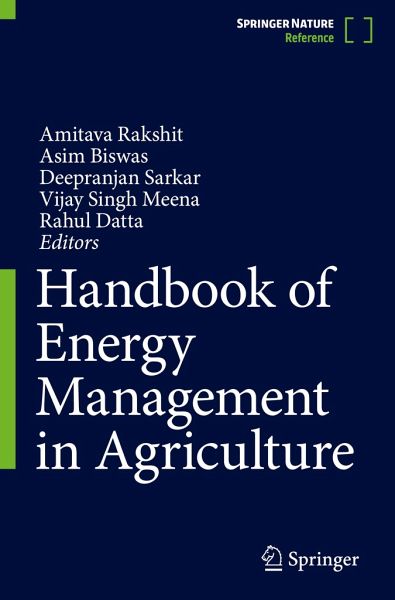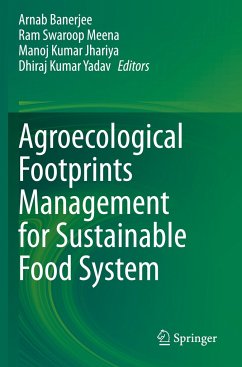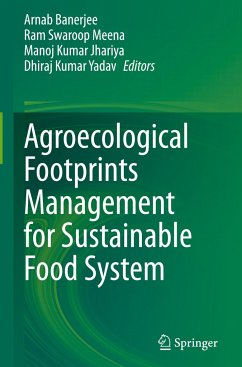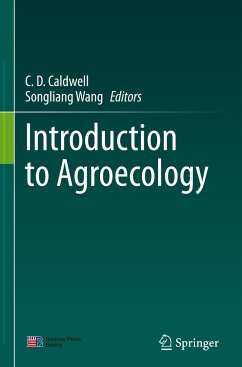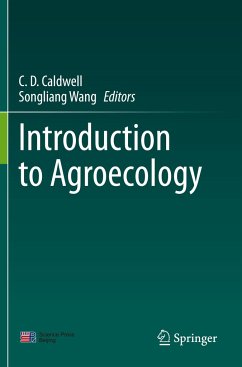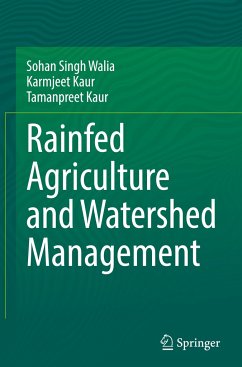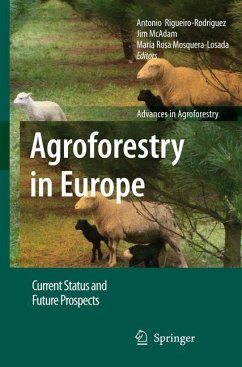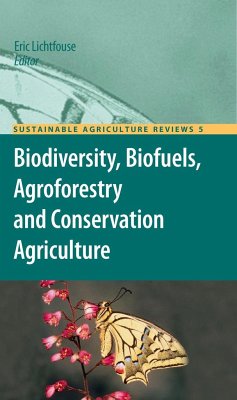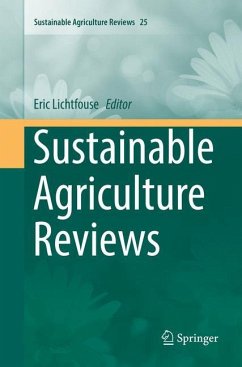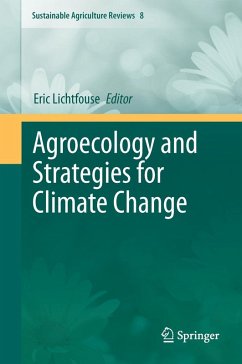Amitava Rakshit, an IIT-Kharagpur alumnus, is presently Senior Associate Professor at the Department of Soil Science and Agricultural Chemistry at Institute of Agricultural Sciences, Banaras Hindu University. Dr. Rakshit worked in the Department of Agriculture, Government of West Bengal in administration and extension roles. He has visited Scandinavia, Europe, Africa, UAE, and Bangladesh pertaining to his research work and presentation. He was awarded with TWAS Nxt Fellow (Italy), Biovision Nxt Fellow (France), Darwin Now Bursary (British Council, UK), Young achiever award, Shastri Indo-Canadian Institute award, and Best Teacher's Award at UG and PG level by BHUICAR, state level by Uttar Pradesh Academy of Agricultural Sciences, and national level by All India Agricultural Students Association in 2009, 2012, 2018, and 2019, respectively. He is serving as review college member of British Ecological Society, London since 2011, member of Global Forum on Food Security and Nutrition of FAO, Rome, and Commission on Ecosystem Management of IUCN. He has published 105 research papers, 49 book chapters, 28 popular articles, and 3 manuals, and authored 29 books for Springer, Elsevier, and CRC Press. Asim Biswas is a Professor at the School of Environmental Science, University of Guelph, Canada. He is also an Adjunct Professor in the Department of Natural Resources Sciences, McGill University Canada, and a Visiting Professor at Jiangxi University of Finance and Economics and Jiangsu University, China. His research program on sustainable soil management is focused on xv increasing the productivity and resilience of our landbased agri-food production systems in an environmentally sustainable way while accounting for changing climate, economy, and production methodologies. Currently, he runs a 21-member research team, funded by federal and provincial bodies as well as industries, grower's associations, and international organizations. He has authored and coauthored 113 peer-reviewed journal papers, including 21 in review, 165 conference abstracts, 12 proceedings, 15 book chapters, 2 popular articles, edited a book, delivered radio and TV interviews, and was granted a patent. He was invited to deliver keynote talks around the world and currently teaches multiple undergraduate, graduate, and special courses. Currently, he is an Associate Editor for four journals and a Guest Editor for another four journals. Deepranjan Sarkar is an Assistant Professor (Soil Science) in the Department of Agriculture of Integral Institute of Agricultural Science and Technology of Integral University, Lucknow, India. He received M.Sc. (Ag.) in Soil Science and Agricultural Chemistry degree from Uttar Banga Krishi Viswavidyalaya and Ph.D. from Banaras Hindu University, India. His research interests include soil fertility, plant nutrition, plant-microbe interactions, carbon sequestration, and UNSDGs. During his Ph.D. program, he performed acomprehensive assessment of bio-priming technology including energy budgeting in the Middle Gangetic Plains of India and presented his works at numerous national and international seminars or conferences. Additionally, he is involved in developing new technologies for sustainable management of soil health and crop production. Dr. Sarkar is involved in teaching Soil Science subjects at UG and PG levels. He has received prestigious awards from BHU, IIT-KGP, TWAS, and the Soil Science Society of America. He is a life member/member of AMI-India, ISCA-Kolkata, IUCN, etc. He has authored more than 30 peer-reviewed publications. Currently, he is serving as a Guest Editor in Sustainability (MDPI), Early Career Editorial Board Member of Resource, Environment and Sustainability (Elsevier), and Review Editor in Frontiers journals, and also acting as a Reviewer of peer-reviewed journals of Springer, Elsevier, PLoS, Wiley, etc. Vijay Singh Meena is working as a Project Coordinator atInternational Maize and Wheat Improvement Center (CIMMYT)-Borlaug Institute for South Asia (BISA). He worked as a Scientist at ICAR-Vivekananda Parvatiya Krishi Anusandhan Sansthan, Almora, India. His research areas include various aspects of soil aggregation, carbon management index, and carbon and nitrogen sequestration potential under different land types and cropping systems of the north-western Indian Himalayas. He identified the carbon management index as the key indicator to measure soil degradation in different agroecosystems. His research revealed that the application of farmyard manure (FYM) and vermicompost along with vegetative barriers across the slope is highly effective in sustaining the soil quality. He reported that potassium solubilizing rhizobacteria (KSR) enhances 25-40% potassium (K) availability and helps plants to uptake K from the soils. Dr. Meena identified that the combined application of organic and inorganic sources is important in sustaining the productivity of Himalayan soils and preventing soil erosion. Combined use of FYM and inorganic fertilizers on an equal N basis (50 þ 50 FYM) resulted in higher productivity of maize and wheat crops than an individual source. However, in situ green manuring and inorganic fertilizers on an equal N basis (50 þ 50 GM) resulted in a reduction of runoff and soil loss, and maintained system productivity, leading to the conservation of natural resources in soils of maize-wheat cropping system. He is instrumental in the preparation and distribution of over 4000 Soil Health Cards to different hill farmers at the current institute. He recently reported the carbon and nitrogen sequestration potential of different land use and cropping systems in the Indian Himalayas. He has edited seven Springer books on microbes and agricultural sustainability. He has received several scholarships and awards during his academic and professional career. In a nutshell, Dr. Meena is working in the field of natural resources management for sustainable agricultural production. He has an h-index of 52 and i10-index of 105 with more than 7000 citations in international literature. Rahul Datta an Assistant Professor of Soil Science at Mendel University in Brno, Czech Republic, is renowned for his research in sustainable agriculture, primarily aimed at boosting crop productivity. His work addresses critical agricultural challenges including drought stress, heavy metal toxicity in soil, and the reduction of greenhouse gas emissions linked to climate change. Dr. Datta's research has notably improved the quality and yield of staple crops like wheat, maize, barley, and rice, along with a variety of other crops such as mangoes, spinach, and cotton. His impactful work has been cited over 5000 times by researchers worldwide, attesting to its significance. In addition to his research contributions, Dr. Datta actively participates in the academic community. He serves as an editorial board member for reputed journals, including BMC Plant Biology, the Turkish Journal of Agriculture and Forestry, and Open Agriculture, where he continues to influence and shape the academic landscape.
